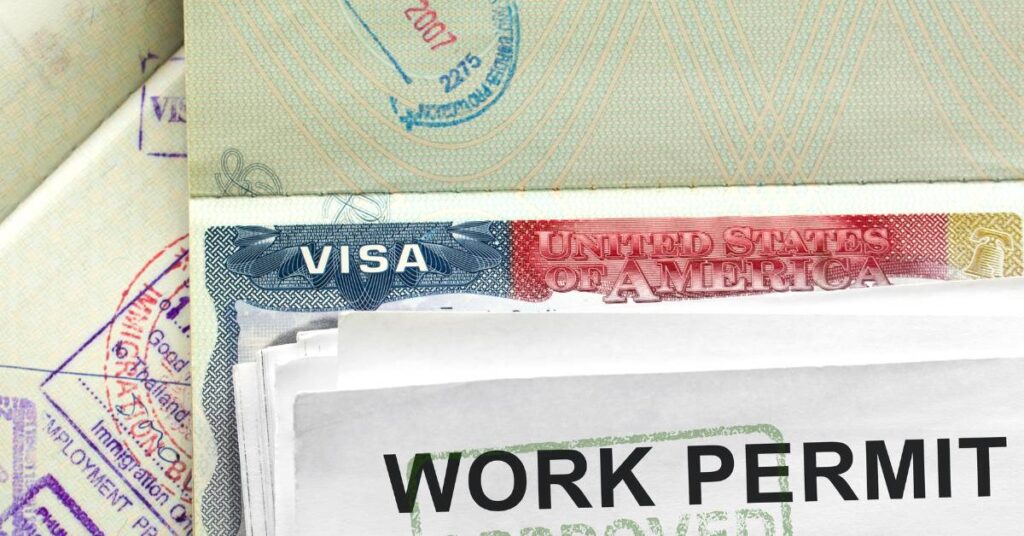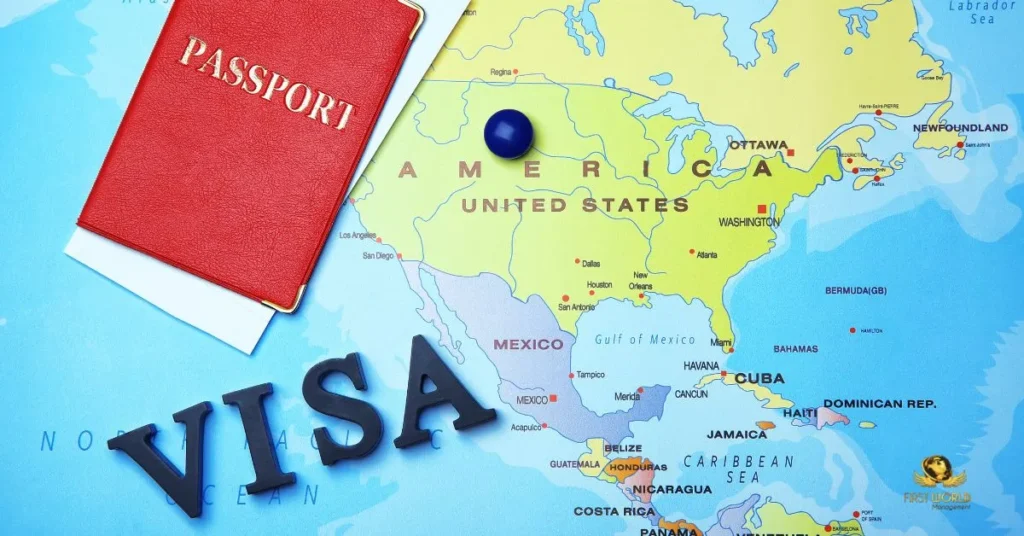In today’s globalized world, the demand for foreign workers in various sectors is on the rise. Employers are constantly seeking skilled labor to fill specific roles. Singapore, as a hub for international talent, recognizes this need and offers a comprehensive Work Permit program for foreign workers. In this article, we’ll delve into the intricacies of the Work Permit for Foreign Workers in Non-Traditional Sources of Occupation, exploring the rules and regulations that govern this category.
Understanding Non-Traditional Sources of Occupation
Non-traditional sources of Occupation refer to job roles that do not fall within the typical categories defined by the Ministry of Manpower (MOM) in Singapore. These roles often require specialized skills and expertise, making it necessary for employers to source talent globally.
Eligibility Criteria
To employ foreign workers under the Non-Traditional Sources of Occupation category, employers must meet specific eligibility criteria:
- Unique Skill Set: The role should require specialized skills that are not readily available among the local workforce.
- Approval from MOM: Employers must obtain approval from the Ministry of Manpower before hiring foreign workers for such positions.
- Compliance with Sector-Specific Rules: Employers must adhere to sector-specific rules and guidelines, ensuring that they meet all necessary requirements.
Application Process
Obtaining a Work Permit for Foreign Workers in Non-Traditional Sources of Occupation involves a meticulous application process:
- Submission of Application: Employers must submit an application to the Ministry of Manpower, providing detailed information about the job role, required skills, and the number of foreign workers needed.
- Assessment and Approval: MOM assesses the application, considering factors such as the relevance of the job role and the need for foreign talent.
- Medical Examinations: Once the application is approved, foreign workers are required to undergo medical examinations to ensure they meet the health standards set by Singapore.
- Issuance of Work Permit: Upon successful completion of the assessments and medical examinations, MOM issues the Work Permit to the foreign workers.
What is the NTS Occupation List
Firms in the Manufacturing and Services sectors can hire Work Permit holders from the following countries or regions:
- Malaysia
- People’s Republic of China (PRC)
- North Asian sources (NAS):
- Hong Kong (HKSAR passport)
- Macau
- South Korea
- Taiwan
Under the NTS Occupation List, firms will be allowed to hire Work Permit holders from the following countries or regions for a restricted set of occupations:
- Bangladesh
- India
- Myanmar
- Philippines
- Sri Lanka
- Thailand
Benefits of Hiring from Non-Traditional Sources
Employers who choose to hire foreign workers from Non-Traditional Sources of Occupation can enjoy several advantages:
- Access to Specialized Skills: Employers gain access to a pool of talented individuals with unique skill sets that may not be available locally.
- Diverse Perspectives: Hiring from a global talent pool brings diverse perspectives and experiences to the workplace, fostering innovation and creativity.
- Fulfillment of Specific Roles: Non-traditional workers can be crucial in filling highly specialized positions that are essential for business growth.
- Global Expansion: Employers can use this program as a stepping stone to expand their operations globally, leveraging the expertise of foreign workers.
Conclusion
In the competitive business landscape of today, having access to the right talent is paramount. Singapore’s Work Permit for Foreign Workers in Non-Traditional Sources of Occupation is a testament to the country’s commitment to attracting skilled professionals from around the world. By understanding the eligibility criteria and application process, employers can harness the potential of this program to meet their workforce needs while contributing to the growth and diversification of the Singaporean job market.



